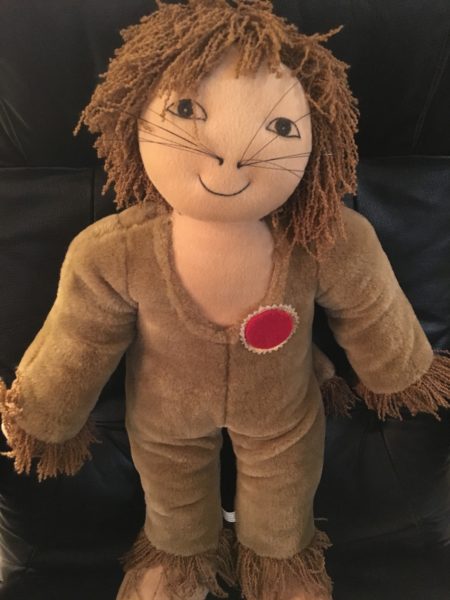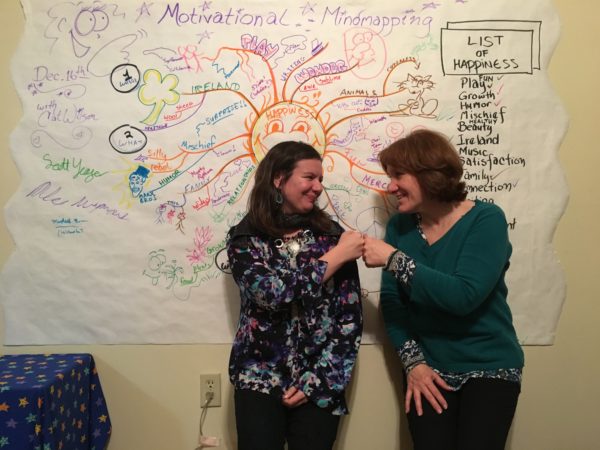Play

Play
Do you play? Play is what you do to have fun. What defines play?
One definition of play is: to amuse oneself, entertain oneself, enjoy, relax, frolic, frisk, to move or function freely, perform, or spontaneous activity of children.
According to Perri Klass, M.D. in a NY Times article Taking Playtime Seriously play is “essential for development and essential for learning.”
Kids naturally play from birth. Look at babies and young children. This is their number one job: play. When you see kiddos reaching out and touching toys, seeking fun stuff to play with under the couch, or digging in the pots and pans for a musical instrument it is not about serious learning. It is playful fun (and they learn). (smile)
As an adult, you can get involved in work, yet is it play? You might take life so seriously that you forget that play is vital to our mind and body. Are you making time for play?
Cats play. Squirrels play. Birds play. Dolphins play. Monkeys play. It’s natural for animals as much as humans.
Animals seriously need play. It helps their brains develop so they can deal with the challenges of life as an adult.
Play and Autism
Children with Autism seem to lack the desire to be involved in the “social approach behavior, rough-and-tumble play” according to a study in treatment of autism posted by the US National Library of Medicine. It reports that “99 genes are dysregulated in human autism.” Yet, studies are finding solutions to help these children now.
Play and Physical Difficulties
 Are dragons holding you back from the castle of fun? Do people with physical disabilities need play? Yes! Fortunately we are living in a time when technology offers options in play that could include robots, virtual reality systems and computer systems. (ICT based technology to support play for children with severe physical disabilities,)
Are dragons holding you back from the castle of fun? Do people with physical disabilities need play? Yes! Fortunately we are living in a time when technology offers options in play that could include robots, virtual reality systems and computer systems. (ICT based technology to support play for children with severe physical disabilities,)
Yet, people with or without disabilities need play.
A little play in your life yields wonderful returns. Play develops imagination, encourages creativity in solving challenges, and is instrumental in promoting social inclusion.
Yes, play is fun, but play is not merely for fun, it connects cognitive and social skills. Such skills could include reasoning skills, understanding, symbolic thinking, and enhancing human cognitive architecture.
If you find yourself getting confused, feeling stuck, and grumpy, you could be a serious candidate for play. What do you do? Glad you asked.
Seriously, Go Play
Get out of a serious space and go for a walk. Play with a ball, bounce it, toss it up, chase it with a friend or a pet. Bring out a game that has silly parts to move or talk about. Play pretend games by dressing up (Halloween is coming and you’ll have an excuse).
Kids can’t be the only ones to have fun. It’s your turn.
Mindmapping for Happiness
 Join Cat Wilson at Apositiva where play is a part of learning in sessions, coaching, and workshops. Look for our upcoming Mindmapping for Happiness, and sign up for fun, food, and frolic.
Join Cat Wilson at Apositiva where play is a part of learning in sessions, coaching, and workshops. Look for our upcoming Mindmapping for Happiness, and sign up for fun, food, and frolic.
If you waited till now to play, get it scheduled. Sign up for coaching, sessions, or a private mindmapping session, or join a class. Click here to find out more about a mindmapping fun activity with Cat in Portland, Mindmapping for Happiness.
Come play at Apositiva today.
